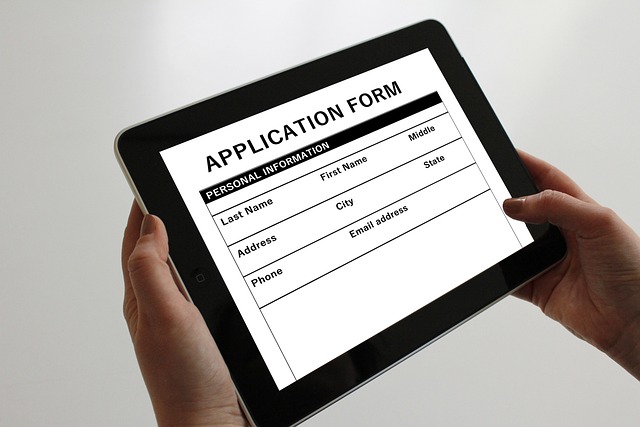Pentagon Issues Final Pet PCS Travel Reimbursement Policy

The Department of Defense has finally issued guidance on a new pet PCS policy; that guidance includes slashing the amount of the PCS benefit and delaying implementation until 2024.
Pentagon Pet PCS Policy History
In June 2023, we reported on a new DoD policy offering up to $4000 in reimbursement for costs associated with shipping a pet when relocating to a new duty station on permanent change of station orders.
The policy’s language specifically required the approval of the Per Diem Travel and Transportation Allowance Committee before it could take effect.
The original policy sat on a desk in the Pentagon for some time before it was finally addressed and approved. But that approval came with some changes.
Related: PCS Moves as a Military Spouse: 5 Things to Know
What’s Different in the Final Version of the DoD Pet PCS Reimbursement Policy
The National Defense Authorization Act of 2023 allows each military branch to offer up to $550 per servicemember for a stateside PCS and up to $4000 for overseas PCS moves.
This benefit is meant to offset the expense of shipping a pet, including quarantine, which is typically required by many host nations before troops can bring a cat or dog into the country.
This policy was directed under the 2023 National Defense Authorization Act, but the language in the Act, as mentioned above, required a review by the Per Diem Travel and Transportation Allowance Committee.
Results of the Review
Following that review, Pentagon officials cut the maximum allowance in half, offering $2000 instead of $4000. And there won’t be any such benefit paid at all in 2023; implementation has been delayed until 2024.
Furthermore, whereas the pet policy under the 2023 NDAA does not specify breeds or animal species, the DoD final policy specifically references cats and dogs only. You cannot be reimbursed for pet travel involving any other type of animal under the revised policy.
Why the Policy Change?
Costs associated with PCSing overseas (including shipping a pet) are a major source of financial stress for military families. DoD officials have acknowledged the importance of pets in the military family as well as the need to reduce financial stress associated with what is basically a government-directed relocation.
In the past, military members typically pay out-of-pocket to relocate cats and dogs to other countries; the process can involve lengthy quarantine periods, which are costly and usually paid in the currency of the host country.
It’s estimated that well over a quarter of a million servicemembers could benefit from the pet travel reimbursement policy when it takes effect in 2024.
Related: Military Spouse Career Support Act
About the author
Editor-in-Chief Joe Wallace is a 13-year veteran of the United States Air Force and a former reporter/editor for Air Force Television News and the Pentagon Channel. His freelance work includes contract work for Motorola, VALoans.com, and Credit Karma. He is co-founder of Dim Art House in Springfield, Illinois, and spends his non-writing time as an abstract painter, independent publisher, and occasional filmmaker.


